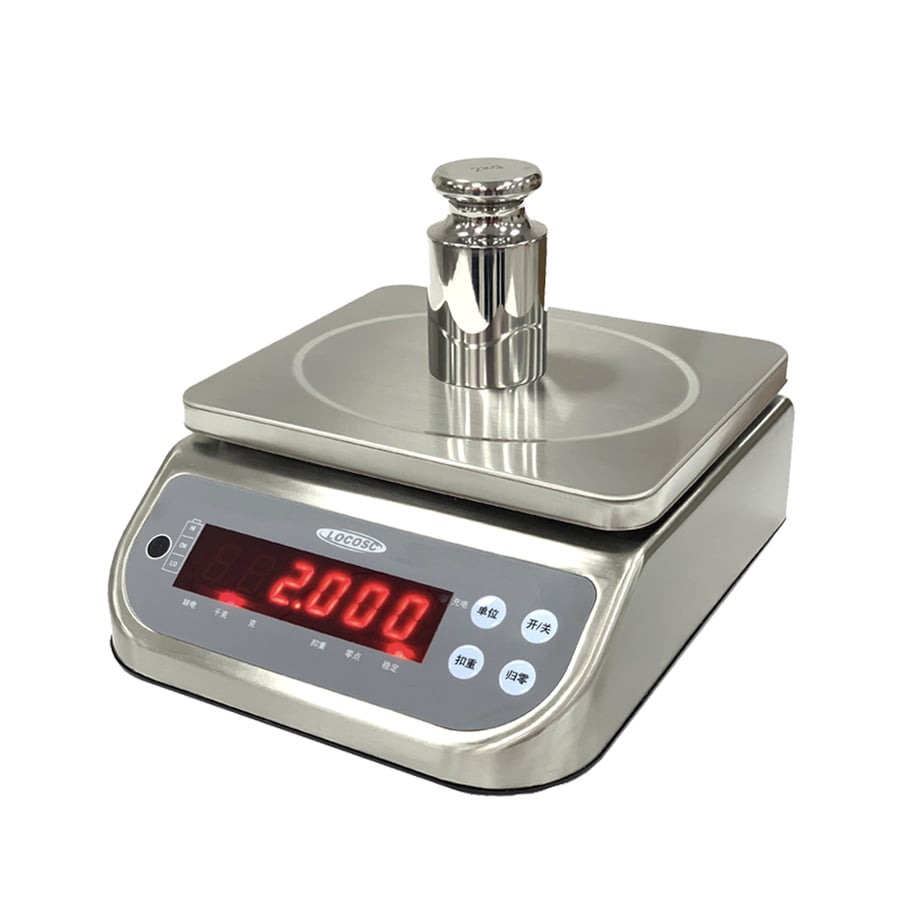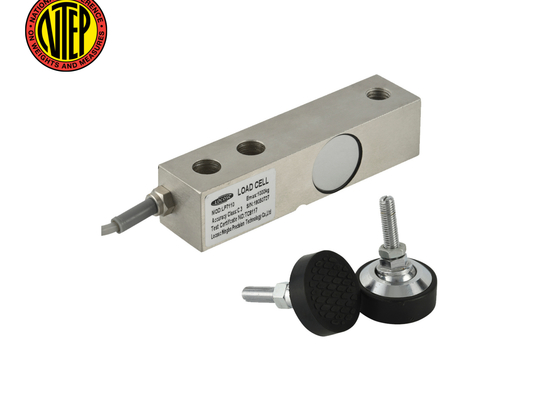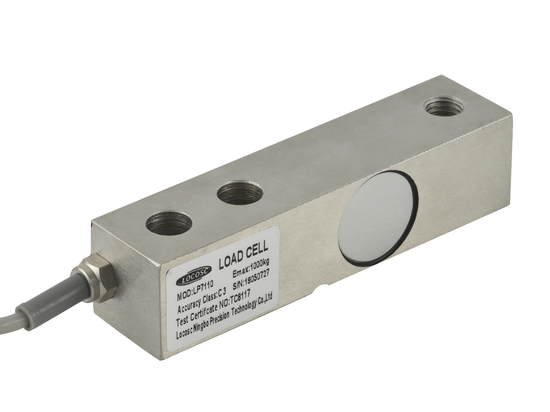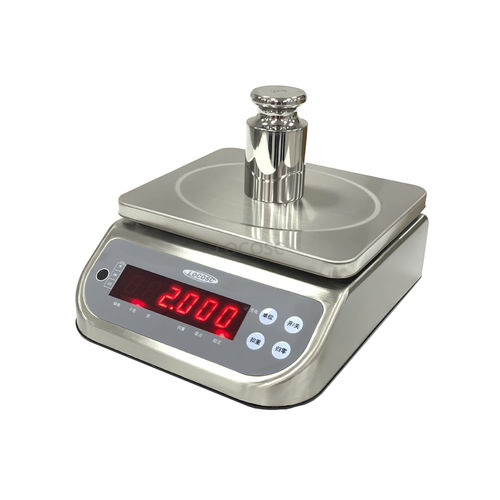
#Industry News
How To Choose the Right Scale for Zero-Waste Shops
How to choose scale
I believe a sea of people does not know what is a zero-waste shop? Now, let me explain to you. Zero-waste shops originated in Europe, and then they’re swiftly becoming prevalent around the world. As new zero-waste stores open, it is helpful to understand not only what zero-waste stores are, but how the right scale can improve sustainability and increase profit margins.
What is a Zero-Waste Shop?
A zero waste-shop sells items without any plastic packaging. It is really good for the environment. Shoppers will measure the commodities with scales like a bench scale they want to take home and then fill paper bags or reusable containers with a wide variety of items, including grains, produce, cosmetics, and so on. Aside from banning plastic bags, zero-waste stores tend to sell organic products, and they usually pay much attention to their supply source. Perishable items are donated before the expiration date to reduce waste. Some of these shops are vegan or vegetarian who tend to have a smaller selection. And customers are unlikely to find products out of season. The shops are fated to help people cut back on the amount of waste they produce.
As the zero waste lifestyle gains popularity, other types of shops are imitating. Floor scales can be used to measure fertilizer, compost, special soil, or green pest control solutions.
What Kind of Scales Are Used in Zero-Waste Shops?
Trade-approved scales like electric industrial scales are a necessity since goods are sold by weight. Different approvals are needed depending on the country of operation. Shop managers should be sure to check local laws to be fully compliant to avoid trespassing legal lines. Our trade-approved scales integrate easily with various POS systems. Don’t forget to check that the system you wish to use is compatible with the scales.
Depending on the area of operation, you might have to register your scale with a local metrology office and get certificates of calibration. Calibration is so important that you have to do it before you use the digital counting scale.
Many people prefer to use digital scales, since they can be easier to read. They also can connect to computers with the help of the Internet, printer, and other peripherals to make inventory management and POS integration easier.
Bench scales should be sufficient for most people’s weighing needs, but a floor scale or even a platform scale with an indicator could save time during inventory checks and bulk deliveries for big shops. Research the commodities you will sell, and the range of quantities generally purchased by your customers. Most zero-waste cosmetic stores only need low capacity scales such as sartorius industrial scales, but if people are buying grains in bulk, you must make sure the scale can accommodate them for example an electronic platform weighing scale. Finally, you should not forget to include the containers in that calculation as it will influence your measure results. Some customers might use heavy glass jars or metal containers so that their purchase is not fair.





